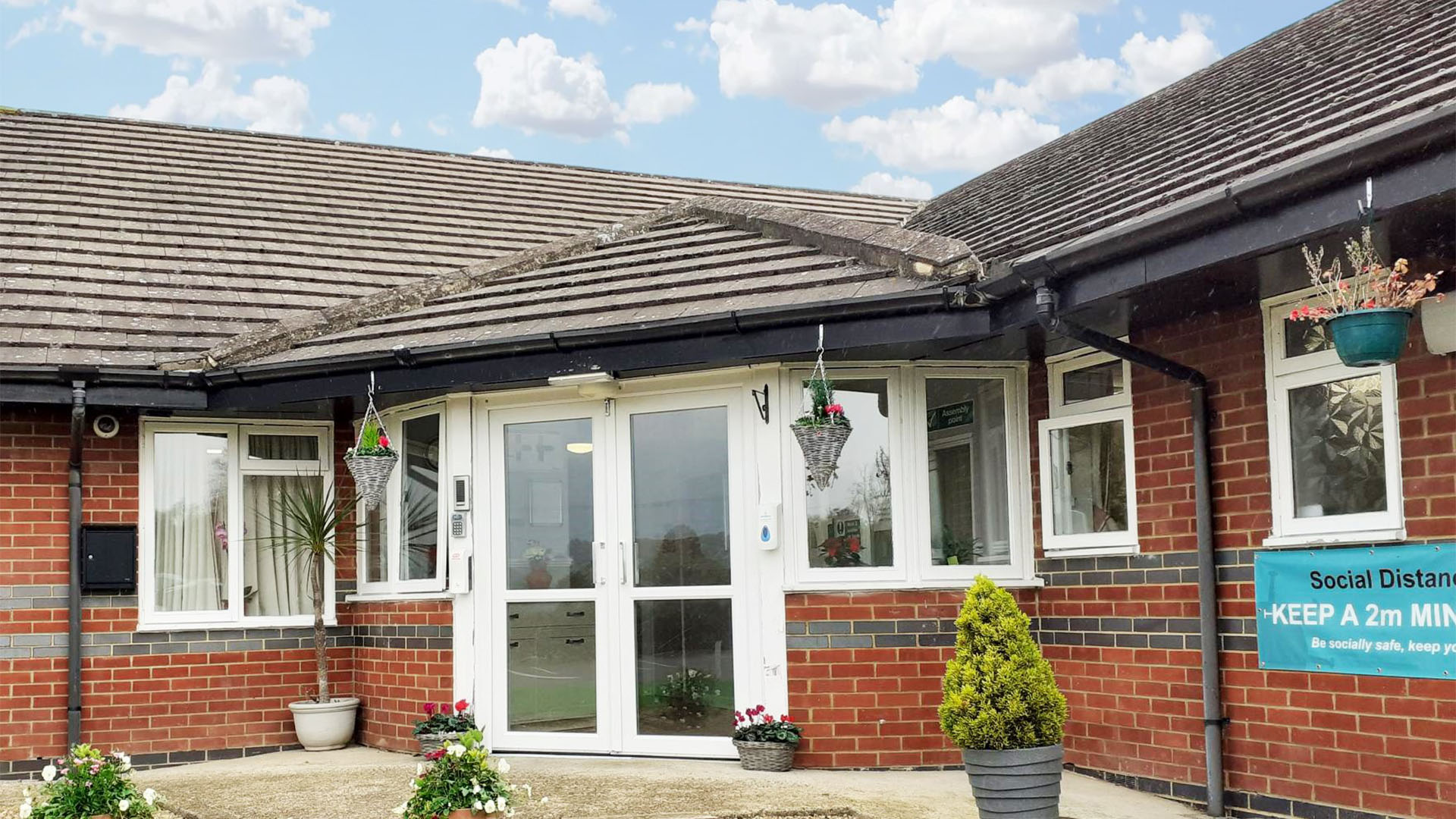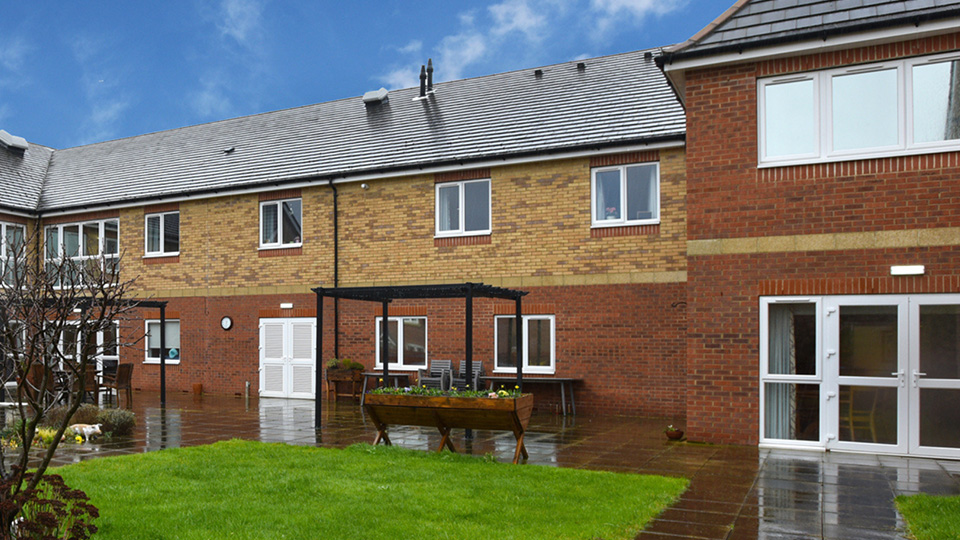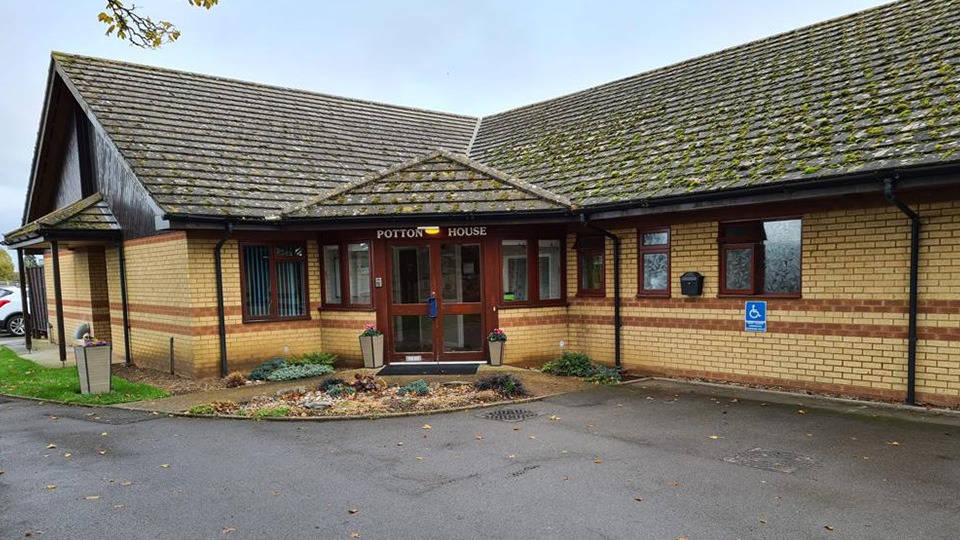Dementia support
We provide a range of care services for people with dementia. This includes:
Priory is able to support older adults who have dementia, as well as adults who have early-onset dementia. In addition to our community-based services, which include older people's care services and residential services, we also offer specialist hospital services for adults with dementia.
A specialist approach
Within our dementia care services, we strive to enable each resident to continue to do the things they enjoy, for as long as they are able to do so. The caring teams who work within our services have significant expertise in supporting people with dementia. Our support delivery is based on the theories of person-centred care and all of our care plans are tailored around the residents’ needs and capabilities, and are adjusted to provide additional support over time.
We understand that living with dementia can be challenging. Our overall aim is to continuously improve the individual experience of people who use our services, through engagement with staff and through partnership with specialised external organisations. This includes the Alzheimer’s Society, Dementia Action Alliance and the All-Party Parliamentary Group on Dementia.
Introducing our dementia plus service
At Priory, we also offer a dementia plus service to further support people with behaviours that challenge, who may need close monitoring with their complex dementia and associated mental health needs. As part of this service, we provide a higher-level staffing ratio with registered mental health nurses.
Our dementia plus service consists of:
- Staff experienced in dealing with more complex behaviours
Our team are trained in Non-Abusive Psychological and Physical Intervention (NAPPI) and Priory’s creative minds dementia training, which is accredited by the University of Surrey.
- Staff trained in calmly taking control without being confrontational
Using their training, they can make the person feel at ease by being reassuring, maintaining dignity and self-respect. Staff also use a sensitive, supportive approach that can manage behaviours that challenge and provide consistent, caring assistance, which may help prevent escalation and crisis.
- Activities provided that are person-centred and tailored to a person's interests, abilities and needs
By effectively caring for the individual, we can reduce boredom, frustration and behaviours that challenge. This includes introducing a sensory element such as music, sensory rooms, rummage boxes, sensory gardens and also supporting people to access the community.
- A dementia-friendly environment
Our services provide an environment with clear signage and sensory areas, and smaller units of care.
Staff training
An accredited dementia care programme
Creative minds is our University-accredited dementia training programme, which is currently accredited by the University of Surrey with their Recognising the Quality of Learning & Education (RQLE) standards.
The programme aims to equip all of our colleagues to support people with dementia to live their lives to the fullest and encourage ideas to improve the quality of life. This can also provide help and support for the relatives of people with dementia to help understand the condition.
The creative minds training programme is based around a journey with dementia, and covers a number of key topics. These range from the very beginning of someone’s journey, by understanding the diagnostic process and symptoms of dementia, right through to providing end of life care and support.
NAPPI training
The aim of NAPPI is to improve the quality of life for the resident and also those around them, through the implementation of a positive behaviour support (PBS) model.
The model consists of three sections, and by training our support teams to adopt and understand these sections and approaches, we can improve how we support the people we care for who present with more complex behaviours that may challenge.
- The green section covers active support. This identifies primary strategies which, if used consistently over time, will reduce stress and build resilience. This section includes involving residents in decision making and actively promotes independence, improving wellbeing and reducing the likelihood that behaviours of concern will arise
- The amber section covers why a behaviour of concern occurs and increases empathy for and understanding of the resident. This section focuses on triggers for behaviours and developing person-centred strategies to manage exposure to these. The section also covers the use of post-incident analysis to learn from and enhance the quality of care
- The red section focuses on person-centred approaches and responses to de-escalate, and manage behaviours of concern safely for both the resident and staff
Our dementia plus homes
How to make a referral
If you would like to make an appointment to visit one of our care homes or for more information on the services we provide, please contact us.




